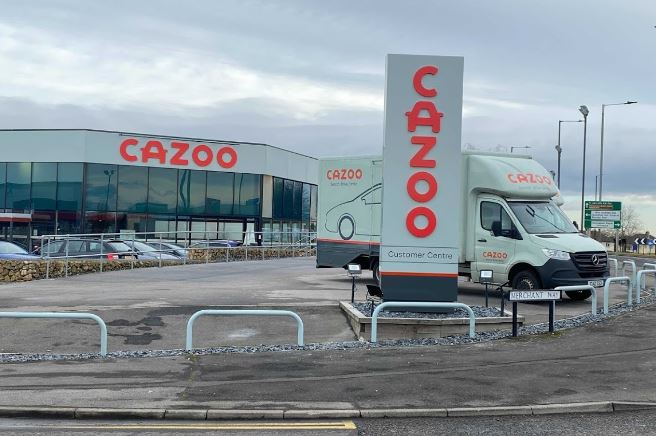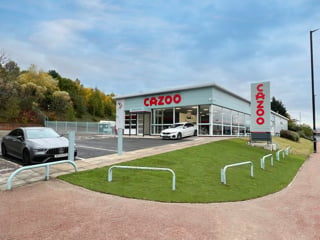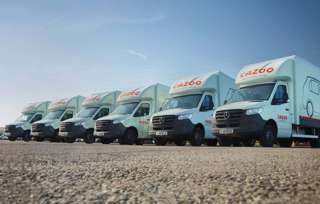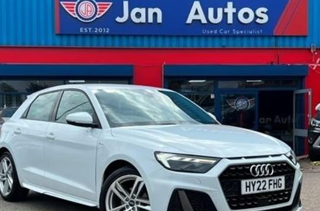Cazoo has said that it cannot guarantee it will “achieve profit at all” in a newly-published document detailing the potential risks and pitfalls of its online car retail and vehicle subscription model.
The report, issued to the Securities and Exchange Commission (SEC), an independent agency of the US federal government, also detailed the fees paid for nine business acquisitions since its December 2019 launch.
Its publication comes just days after a trading update revealed that Cazoo’s gross profits and profit-per-unit both had declined in Q1 2022 – triggering a further downturn in share prices.
The Q1 result comes less than a month after Cazoo reported seeing a “clear path for significant Retail GPU improvement” from its online used car sales after reporting a £550m loss in 2021.
The SEC report stated: “We have not been profitable since we began operations in December 2019 and had an accumulated loss of approximately £664.3 million as of December 31, 2021.
“We expect to continue to incur losses in the near future as we make significant investments to further develop and expand our business (including investments in the acquisition of synergistic companies, infrastructure, advertising and the expansion of our vehicle inventory).
“While we believe we will become profitable in the future, these investments may not achieve the anticipated results and as such we cannot guarantee we will become profitable, achieve the levels of profit anticipated or achieve profit at all.”
Detailing the sums spent on growing the business through acquisition for the first time, Cazoo’s report stated that: £23.8m was spent to acquire Imperial Cars; £65.4m on Drover; £39.1m on Smart Fleet Solutions; £60.4m on Cluno; £76.5m on SMH Fleet Solutions; £23.7m on Cazana; £23.6m on Swipcar; and £7.9m on Bristol-based Vans365.
Last year alone Cazoo, which has become renowned for its high-profile sponsorship deals, also spent £65.2m on marketing, customer experience, advertising and other marketing related costs.
Cazoo said that it currently operates 21 customer centres and 10 vehicle preparation centres in the UK, adding that it had recently acquired one vehicle preparation centre in Italy with the further acquisition of brumbrum.
It added: “We aim to open similar centres in a number of EU countries, where we currently rely on the services of outsourced vehicle preparation and logistic partners across a number of locations.”
But the SEC report spelled out almost 70 potential issues with the business as it continued to drive rapid growth across Europe.
Among the potential pitfalls, it listed:
- Traditional car dealers or marketplaces who could increase investment in technology and infrastructure to compete directly with our online retail model or online retail platforms such as Cinch in the UK and AutoHero in Europe.
- Search engines and vehicle listings sites and new entrants that could change their models to directly compete with us, such as Google, Amazon and AutoTrader.co.uk and Motors.co.uk.
- OEMs that could change their sales models through technology and infrastructure investments and enter into the subscription and/or direct online retail sales market themselves.
The report submitted to the SEC also conceded that the combination of Alex Chesterman’s 23.2% stake in the business, combined with that of Daily Mail-owned DMGT was “not be in the interest of our shareholders” as it could inhibit a future change of ownership.


















Login to comment
Comments
No comments have been made yet.